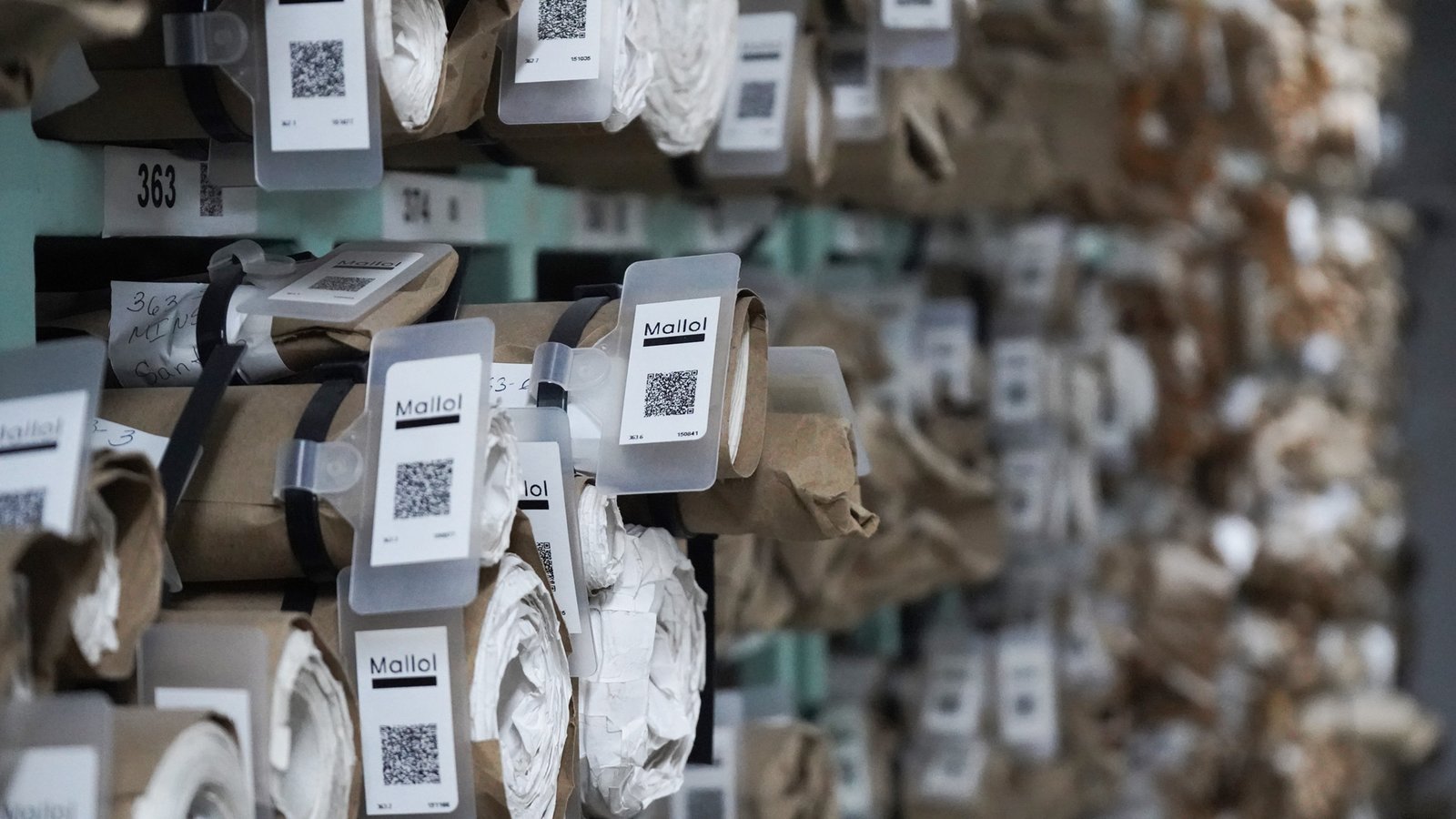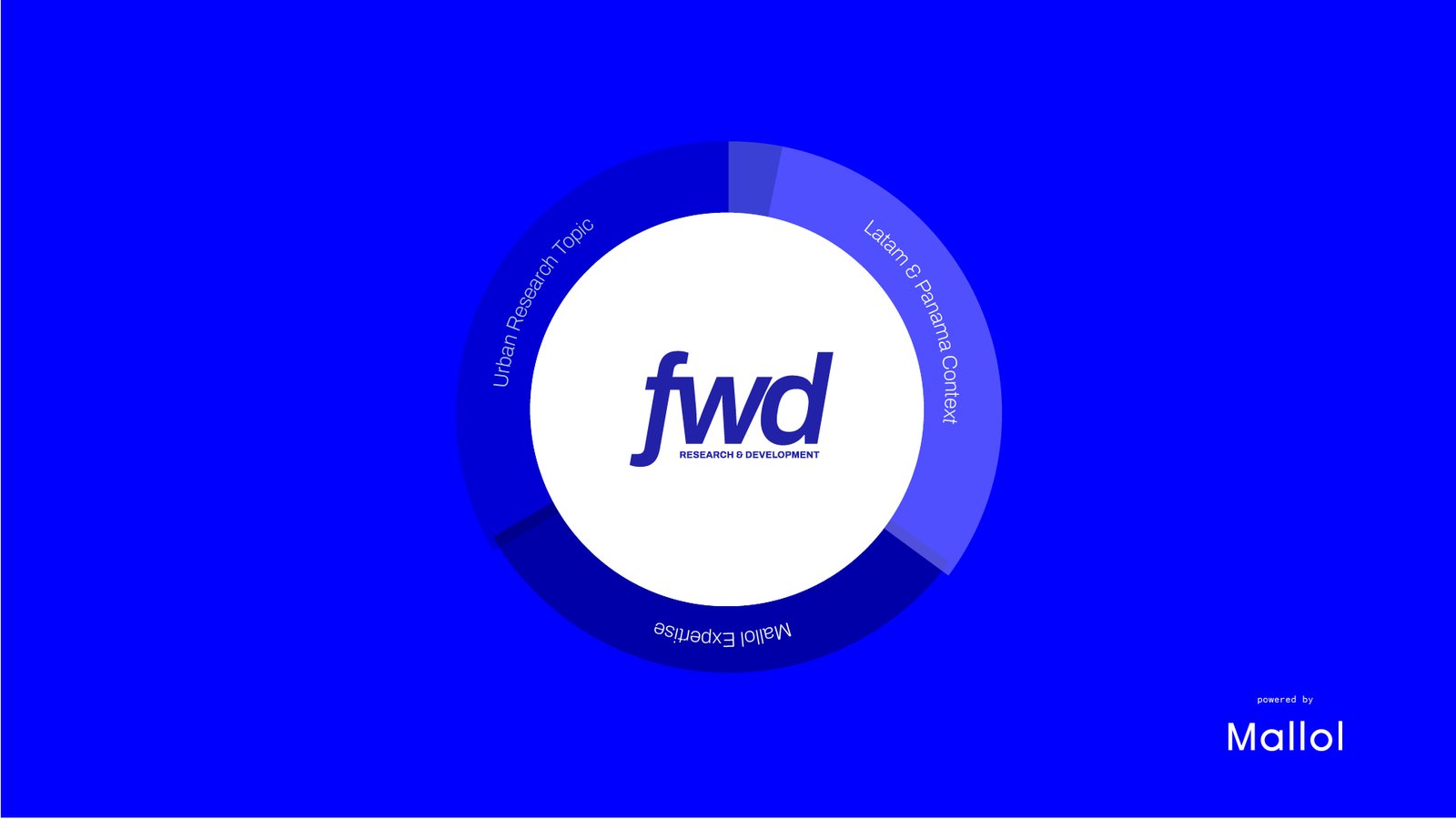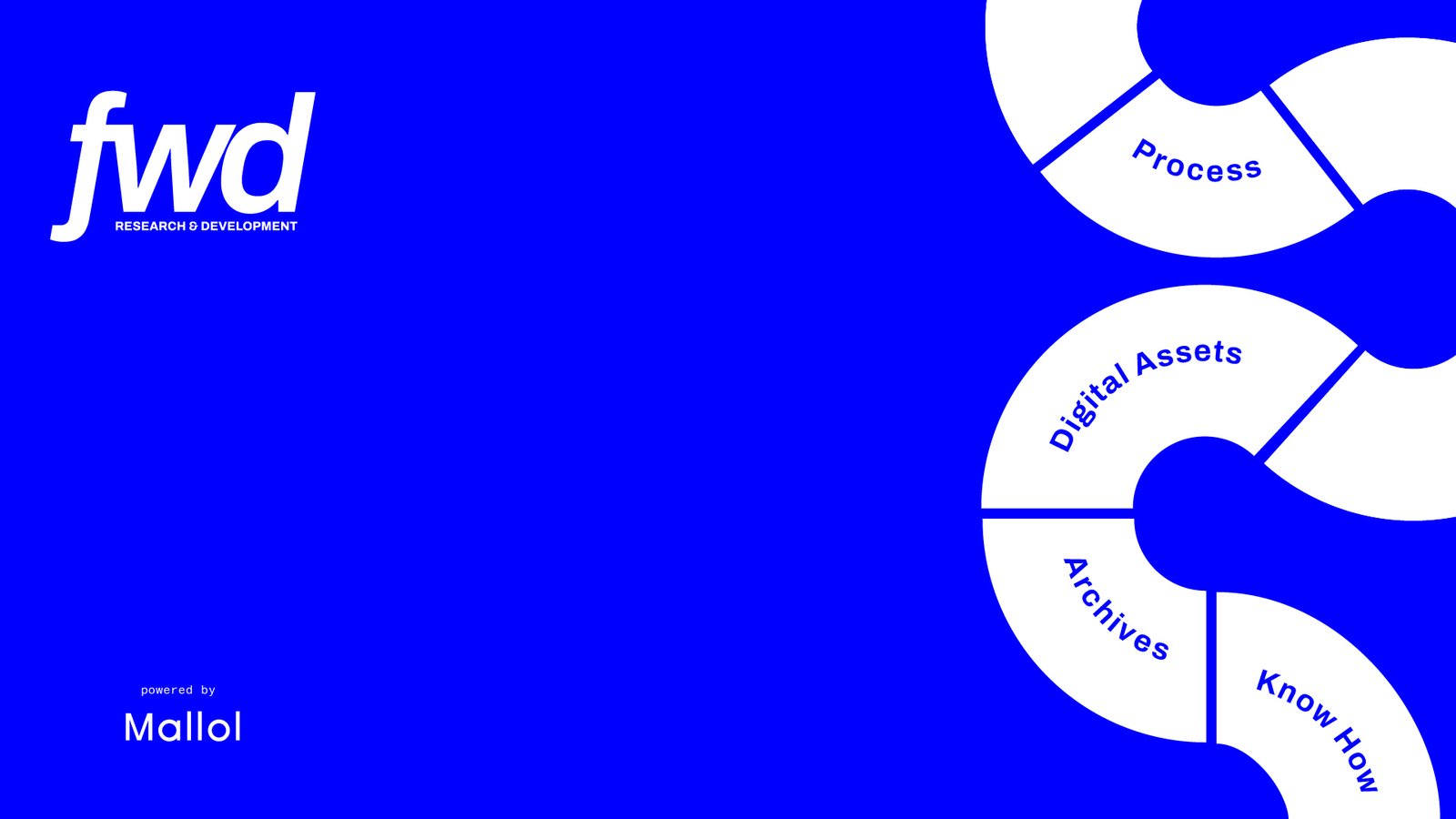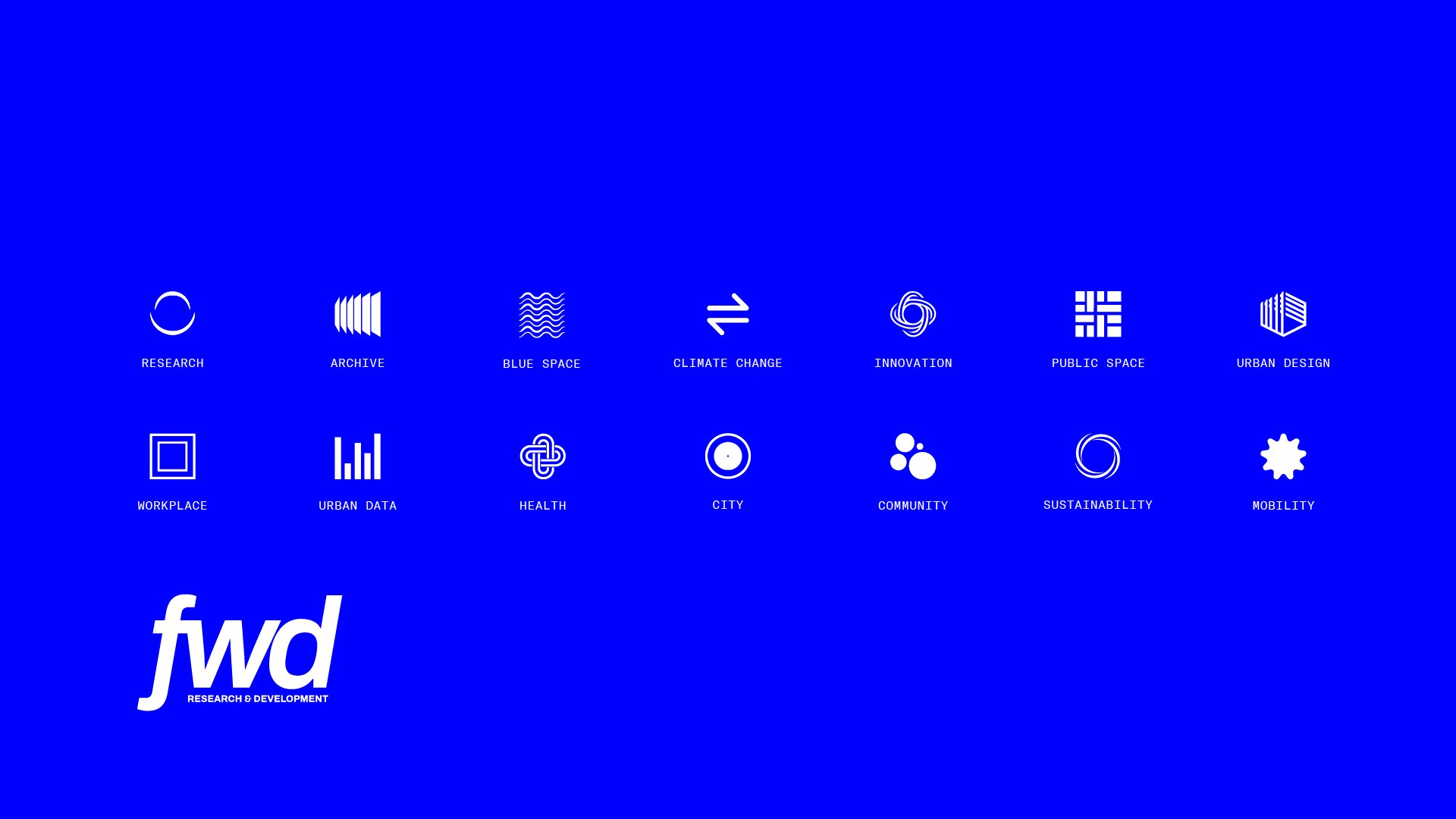Forward (FWD) is the entity responsible for the construction of an information architecture that allows the indexing and development of a data platform, based on the analog and digital collection that the firm has built in its 45 years of existence.
Forward will seek to exploit the knowledge and expertise accumulated during more than 45 years of existence of Mallol, and connect it with the needs and demands of society and the city, with the aim of researching, designing, and proposing solutions to challenges such as the need for greater social inclusion and equality or the need to accelerate the process of adaptation of the way of life and urban infrastructure in the face of risks posed by climate change.
Forward aims to connect with those actors and organizations involved in the city from different perspectives, with the aim of being able to summon them to dialogue about the city, generate alliances, and collaborate on initiatives that align with the interest of improving the quality of life, aiding in social progress, promoting sustainability, or accelerating the adaptation processes that make cities more capable of facing the challenges of climate change.

Planoteca Mallol (Plan Library)
Identity: Who are we?
FWD is a knowledge center about the city at its various scales and the interactions and processes developed by the different actors operating within it.
Activity: What do we do?
FWD focuses its efforts on compiling, organizing data, and information on urban issues, climate change, and sustainability, in order to generate reports and research that contribute to the discussion on the challenges and opportunities that arise in the cities of the region.

Components of the FWD Urban Research Agenda
Purpose and goals: Why do we do it?
FWD Values
Commitment to knowledge: the unit must ensure, as its fundamental principle, that all documents, research, and communications it generates must be based on evidence and promote the inclusion of viewpoints and needs of the actors related to the problems and challenges faced by the cities of the region.
Creativity and innovation: the research and proposals that will be generated from the exploration of innovative approaches, using creative methods both in the development of the research process and in the presentation and dissemination of the results of these studies.
Urban knowledge benchmarks: should promote a vision and way of understanding the knowledge and practice of architecture and urbanism that serves as a reference to public institutions, private sector, academia, and the general public, about the challenges of climate change, sustainability, and urban development for cities in the region.
Collaborative and multidisciplinary: research projects and intervention proposals should be based on a collaborative vision, which integrates various city actors, and multidisciplinary, incorporating the knowledge and participation of professionals from various fields related to architectural and urban tasks.
Purpose and objectives: Why do we do it?
Incorporating a research unit within an architecture firm is a strategy that can significantly enrich the design process and the final result of the projects. FWD will acts as an engine of innovation and deepening of knowledge, allowing architectural challenges to be addressed with a more robust database and analysis.
FWD will be dedicated to research addressing topics such as materiality, human-centered design, the design of work, mobility, and sustainability.

FWD Information Architecture


